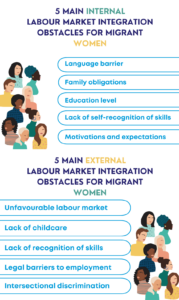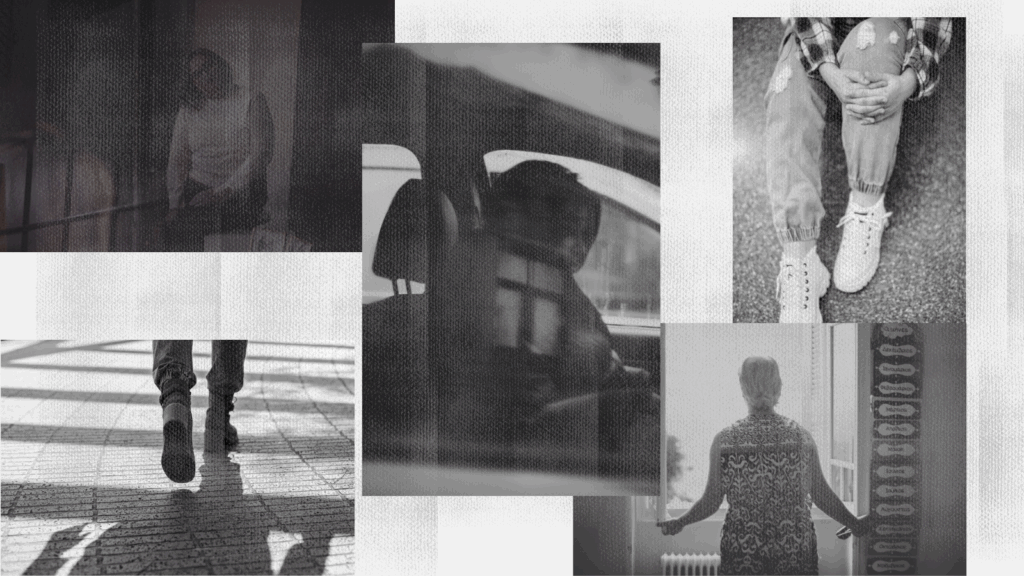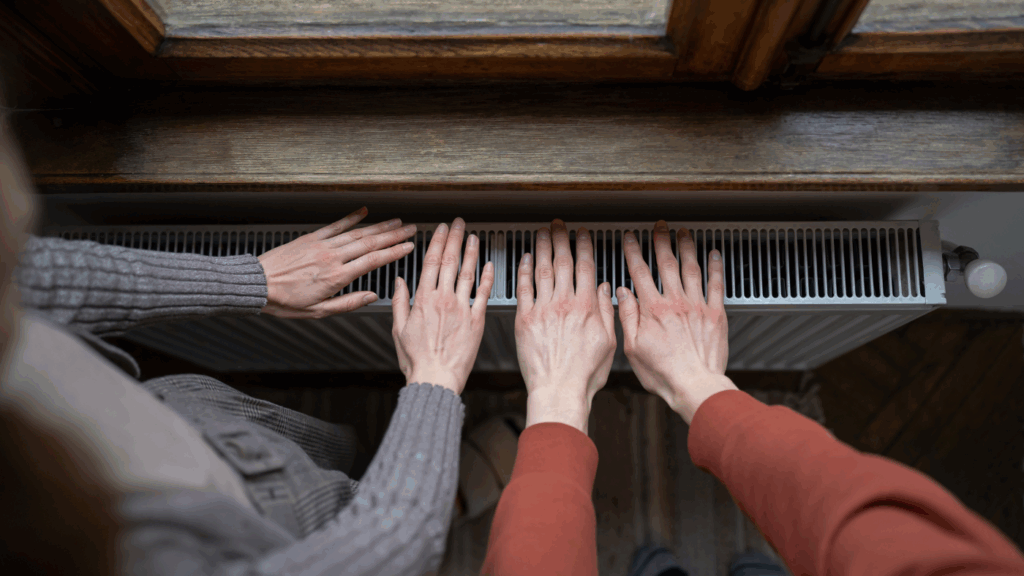Eurodiaconia calls to focus policy work on women facing intersectional inequalities
Today on International Women’s Day, Eurodiaconia is calling to focus policy work on women facing intersectional inequalities, specifically migrant women – including refugees and asylum seekers – Roma women, and women living in poverty.
Women from marginalized groups encounter multiple forms of discrimination, gender inequalities, and stereotyping influencing all areas of life. The intersection of gender, race, ethnicity, religion, or immigration status, among others, exposes them to higher risks of experiencing social exclusion, poverty, and exploitation. This is in contradiction with the objectives of Principle 2 and 3 of the European Pillar of Social Rights on gender equality and equal opportunities, as well as EU Law (1). With such intersectionality at play, a holistic approach to integration is imperative.
The need for holistic social and labour market integration
In 2020, women represented a 51.6% of the 86.7 million of migrants in Europe (2), marking an increase on the number of working migrant women (3) Notably, since 2022, most of the refugees fleeing the war in Ukraine were women and girls (4). Equality of treatment and opportunities, as endorsed in the EPSR (European Pillar of Social Rights), is still a long way away in comparison to women in general, migrant women have lower participation rates in the labour market. There is an even greater disparity between migrant women and men as they face additional obstacles to secure quality employment, access training and language courses, as well as integration services (5).
As observed by Eurodiaconia’s Migration Network, they face unfavourable labour market conditions and barriers to employment, which are reinforced by gender roles and family obligations, lack of affordable and accessible childcare, insufficient conciliation measures, or their immigration status (e.g. when they arrive under family reunification procedures).

These challenges usually compel migrant women to accept jobs for which they are overqualified, or to settle for informal, low-wage or precarious positions —lacking an adequate protection of their rights, and facing income insecurity and high rates of in-work poverty.
Eurodiaconia members’ commitment to holistic social and labour market integration programmes
Eurodiaconia members are committed to providing holistic social and labour integration programmes targeting the specific needs of migrant women, often filling national policy and social services gaps. Through personalised counselling, language courses, vocational training, social enterprises, networking support, childcare and phycological and legal services, they work towards equal opportunities, empowerment, and the successful inclusion of migrant women. Our member, Diakonie ČCE, as part of their professional development and community building efforts, launched the awareness raising campaign ‘Before and after: from life to life’, recollecting the encouraging stories of refugee women navigating a completely new social and labour reality, reflecting on their daily struggles to find their way.
The Long-Term Care sector at the forefront of migrant women integration challenges
The long-term care sector is also an area of concern, as just over 75% of the 49 million care workers are women (6) This sector grapples with endemic labour shortages due to unfavourable working conditions, and low wages coupled with chronic underinvestment in the sector. The facilitation of regular migration pathways in gendered and flawed sectors, often confines migrant women to domestic or care services, with a risk of falling outside formal economy and exposed to risk of exploitation. While is it essential to promote appealing and adequate jobs to address labour shortages, it is equally paramount to ensure the sustainability of regular pathways, and to avoid a “care drain” in the countries of origin and commodifying migrant women as the only solution for EU’s aging population.
Closing remarks
While welcoming last years’ acknowledgement of the need for a gendered approach to migrant integration, today, Eurodiaconia maintains that policy work must be focused on women facing intersectional inequalities and holistic social and labour market integration adapted.
This is reflected in initiatives such as the 2020-2025 EU Gender Equality Strategy, as well as adopting an intersectional approach in the inclusion of women across the Action Plan on Integration and Inclusion, the Anti-Racism Action Plan, or the EU Care Strategy. However, the synergies among these instruments and concrete actions to ensure an effective interaction remains unclear. For the upcoming renovation of these plans, both the EU and member states should establish concrete targets, actions, and funding to support these gender-specific objectives and translate gender equality and equal opportunities for migrant women from words to action. We also call on the next European Commission to make the integration of migrant women a top policy priority.
A more in-depth overview of Eurodiaconia members’ services and best practices is currently in the works. The overview explores the labour market integration of third country-national women, including social enterprises, holistic labour and social inclusion projects, community building, and vocational training in emerging sectors.
Relevant documents:



